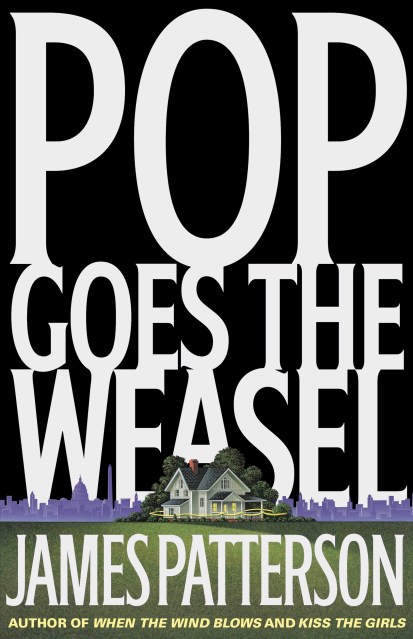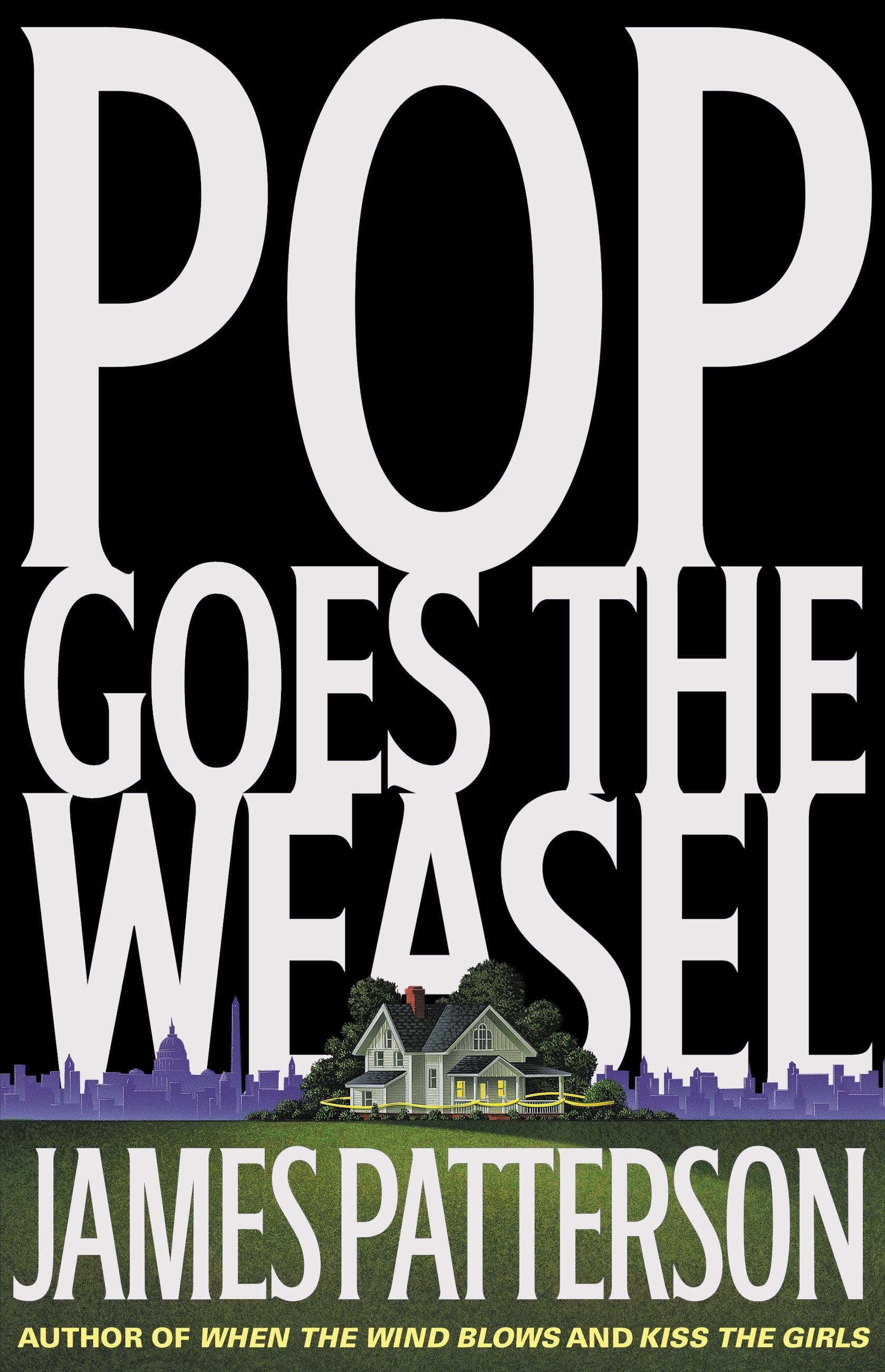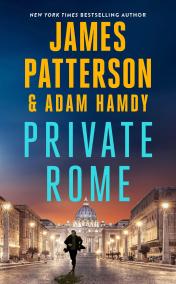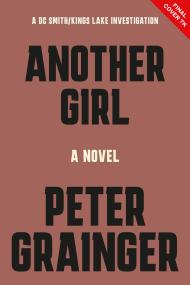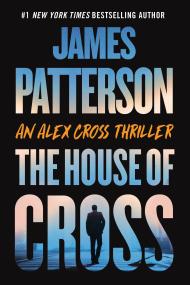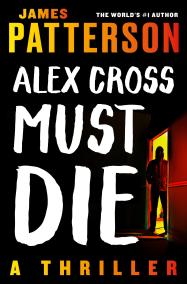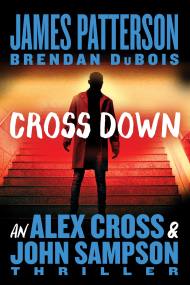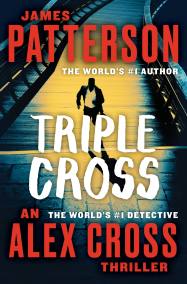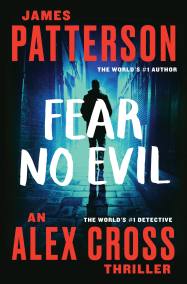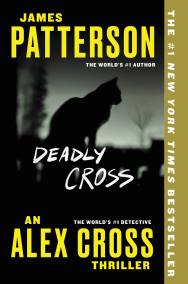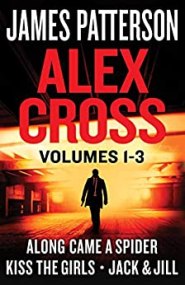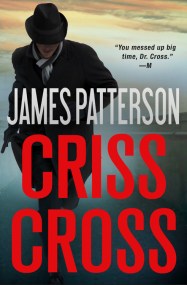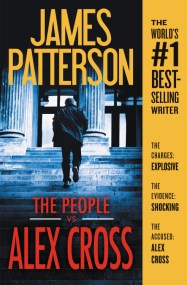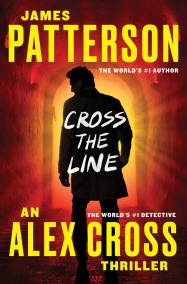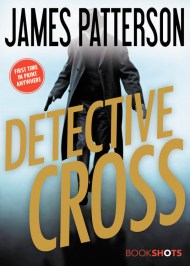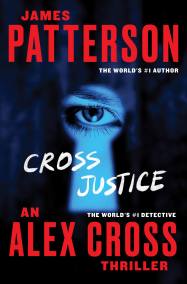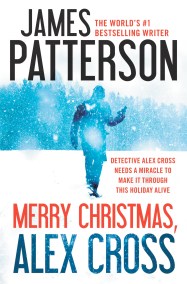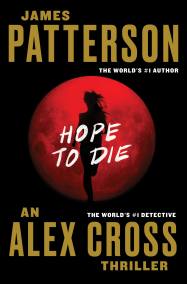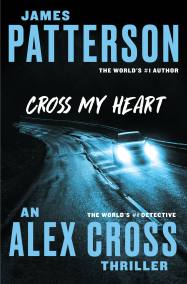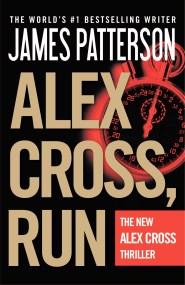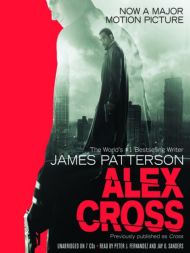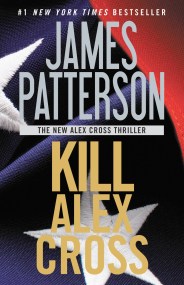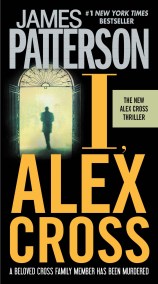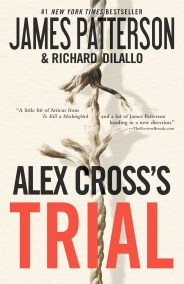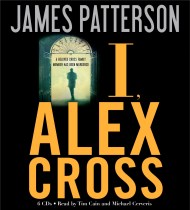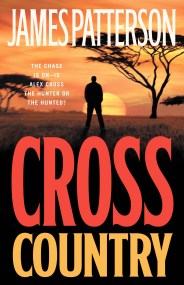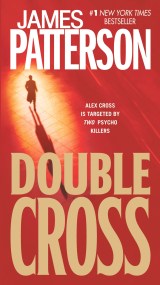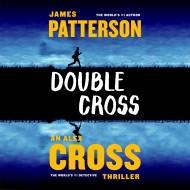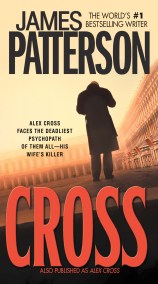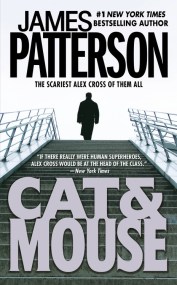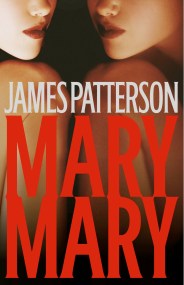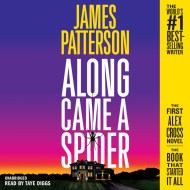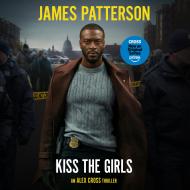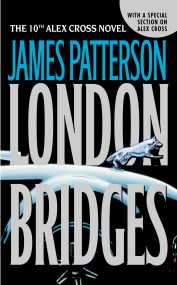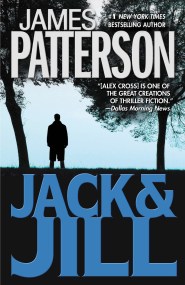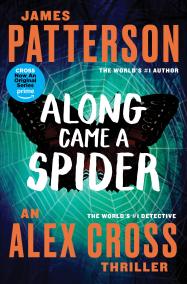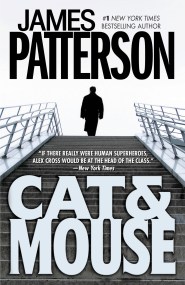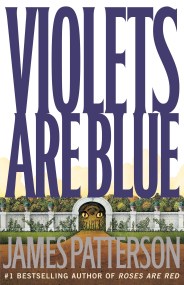By clicking “Accept,” you agree to the use of cookies and similar technologies on your device as set forth in our Cookie Policy and our Privacy Policy. Please note that certain cookies are essential for this website to function properly and do not require user consent to be deployed.
Pop Goes the Weasel
Contributors
Formats and Prices
- On Sale
- Oct 19, 1999
- Page Count
- 432 pages
- Publisher
- Little, Brown and Company
- ISBN-13
- 9780316693288
Price
$30.00Price
$39.00 CADFormat
Format:
This item is a preorder. Your payment method will be charged immediately, and the product is expected to ship on or around October 19, 1999. This date is subject to change due to shipping delays beyond our control.
Buy from Other Retailers:
In this heart-stopping thriller, Detective Alex Cross and his beloved fiancé find themselves tangled in a complex murder investigation, threatening not only public safety, but their chance at happiness together.
Alex Cross is happy, but his happiness is threatened by a series of chilling murders—murders with a pattern so twisted, it leaves investigators reeling. Cross’s ingenious pursuit of the killer produces a suspect: a British diplomat named Geoffrey Shafer.But proving that Shafer is the murderer becomes a potentially deadly task. As the diplomat engages in a brilliant series of surprising countermoves, in and out of the courtroom, Alex and his fiancée become hopelessly entangled with the most memorable nemesis Alex Cross has ever faced.
Pop Goes the Weasel reveals James Patterson at the peak of his power. Here is a chilling villain no reader will forget, a love story of great tenderness, and a plot of relentless suspense and heart-pounding pace. To read Pop Goes the Weasel is to discover why James Patterson is one of the world’s greatest suspense writers.
Genre:
Series:
Newsletter Signup
By clicking ‘Sign Up,’ I acknowledge that I have read and agree to Hachette Book Group’s Privacy Policy and Terms of Use
